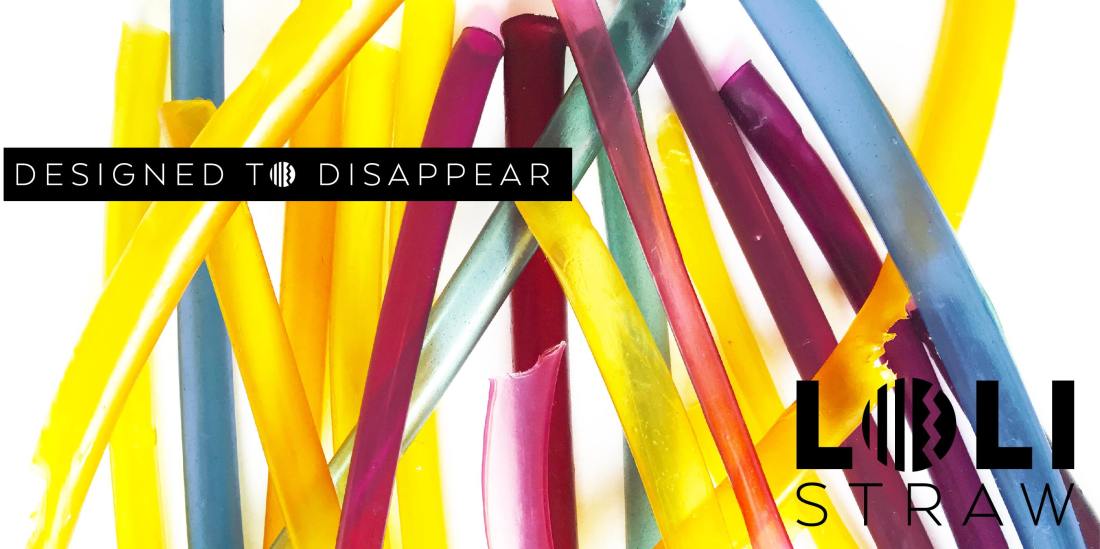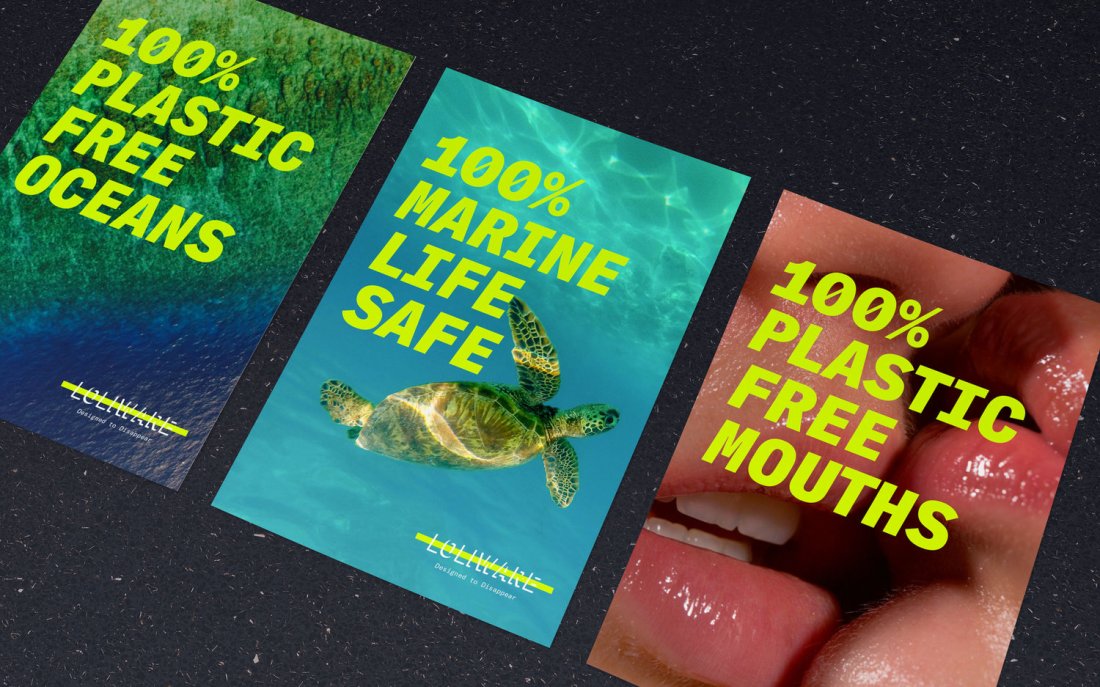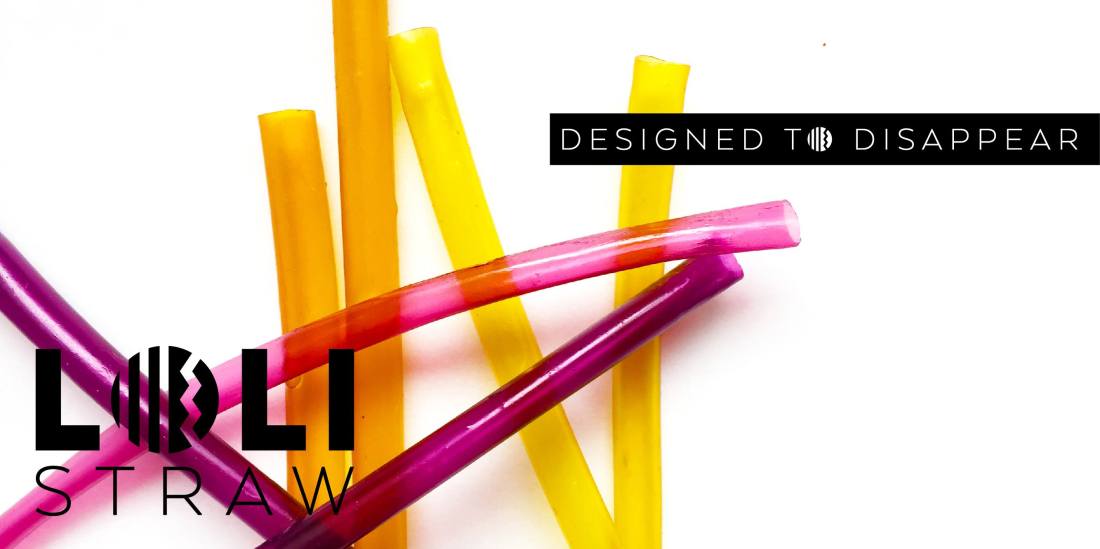
Who would think that a small plastic straw could have a ravaging effect on the environment?! We expect it to come with every beverage that we order, without much thought. But when added up, plastic straws create a big problem for the eco-system.
The situation became so serious that several states like for example Washington, D.C, has issued a ban on plastic straws in restaurants and other service businesses. Several establishments such as Starbucks and McDonald’s announced plans to go straw-less soon.

That’s where LOLIWARE comes in. It has pioneered the world’s leading seaweed technology to replace single use plastics. LOLIWARE’s products harness LIST (LOLIWARE Intelligent Seaweed Technologies) to create single use items designed to disappear. LOLIWARE is poised to completely replace single-use plastics beginning with the launch of the company’s new seaweed-based straw. LOLIWARE’s Straw, The Straw of the Future, looks, feels and acts like plastic, but is made from 100% food grade materials. It is designed to disappear either through composting or natural processes.

The LOLIWARE Straw is 100% plant-based, hyper-compostable and marine degradable, in addition to being gluten-free, sugar-free, and non-GMO. With a mouth-feel similar to traditional straws, and vegetable-based colors, the LOLIWARE Straw introduces an environmentally friendly solution to the global plastics problem, without compromising the user experience or requiring a shift in consumer behavior. The straws target pricing parity with current plastic straw alternatives on the market.

The LOLIWARE Straw can withstand over 18 hours of continuous use and is made with seaweed, a regenerative resource which sequesters C02 vs. paper straws which require tree-based resources and last up to an hour.
LOLIWARE CEO Chelsea Fawn Briganti is pioneering a plastic-free future with an interdisciplinary team of leading material scientists, food technologists, seaweed biologists, and biopolymerists. The team is focused on replacing the 360 billion plastic straws used globally every year. “Every piece of plastic ever created still exists,” says Briganti. “There are five trillion pieces of plastic in our oceans; an estimated ten million tons of plastic is produced every second. Single use plastics should never be built to last, they should be designed to disappear.”
Several initiatives have been launched to counter the ecological problem. If businesses can help without it disturbing their routine, this constitutes a win-win situation and can be lucrative in the long-run as it labels them as socially-aware establishments.